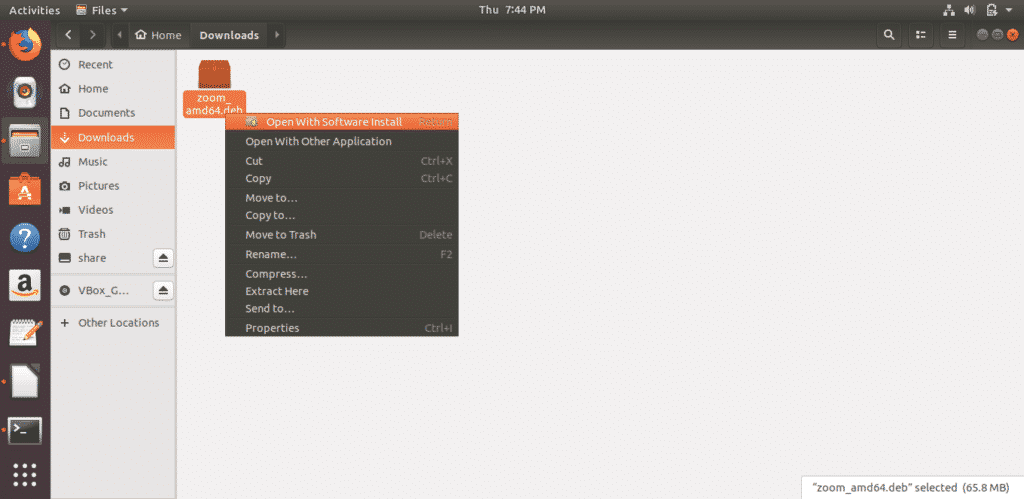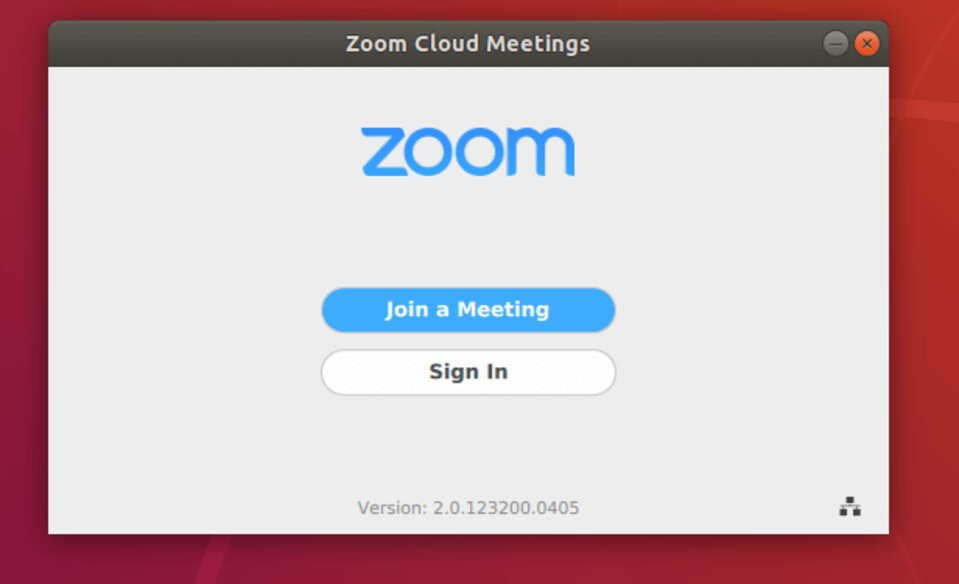
Make sure you are NOT a root user at this point:. The rest of the instructions assume the installation folder is /home/evolphin/, this is not required, you can use any preferred folder. Copy the Linux server distribution, zoom*.tar.bz2 installation file to a preferred folder such as /home/evolphin on the Zoom Server. Assuming the account is evolphin (could be evolphin or whatever Zoom service user you created in the previous step): Make sure you sudo or log into the evolphin zoom user account. To save the document, hit Y and Enter on your keyboard. On the keyboard, hit Ctrl+ X to close the document. 
A INPUT -m state -state NEW -m tcp -p tcp -dport 8873 -j ACCEPT A INPUT -m state -state NEW -m tcp -p tcp -dport 8880 -j ACCEPT A INPUT -m state -state NEW -m tcp -p tcp -dport 8443 -j ACCEPT

A INPUT -m state -state NEW -m tcp -p tcp -dport 22 -j ACCEPT
Append following code to open the ports for Zoom:. Edit the IPTABLES by typing the following:. Web access includes Web Asset Browser and Web Client. *Usually if SSL ports are enabled, their non-SSL counterpart ports can be disabled or blocked by the firewalls.ĭesktop access includes Asset Browser, Repository Browser, Zoom plugins, Client Proxy, and EZ client installer. To test any TCP port’s connectivity, check this article. *SSL Zoom NonStop Server to Server Data Transfer (HADR) Zoom NonStop Server to Server Control Messages (HADR) Zoom NonStop Server to Server Data Transfer (HADR) 
The following ports should be opened in the firewall for Zoom access: Port
Type the following command to add a user called with a name you like, for instance, “evolphin”:. Log into the RedHat Linux server running Zoom as root user. You can also run the following command in your terminal: Yum install glib2.x86_64~~yum install glib2.x86_64 
This guide assumes that CentOS / RHEL has already been installed and configured. The following instructions describe how to perform a basic installation of Zoom Server on these systems. Zoom Server is certified to run on CentOS / Red Hat Linux for the server (Please check the system requirements for the exact OS version supported at the current time).








 0 kommentar(er)
0 kommentar(er)
